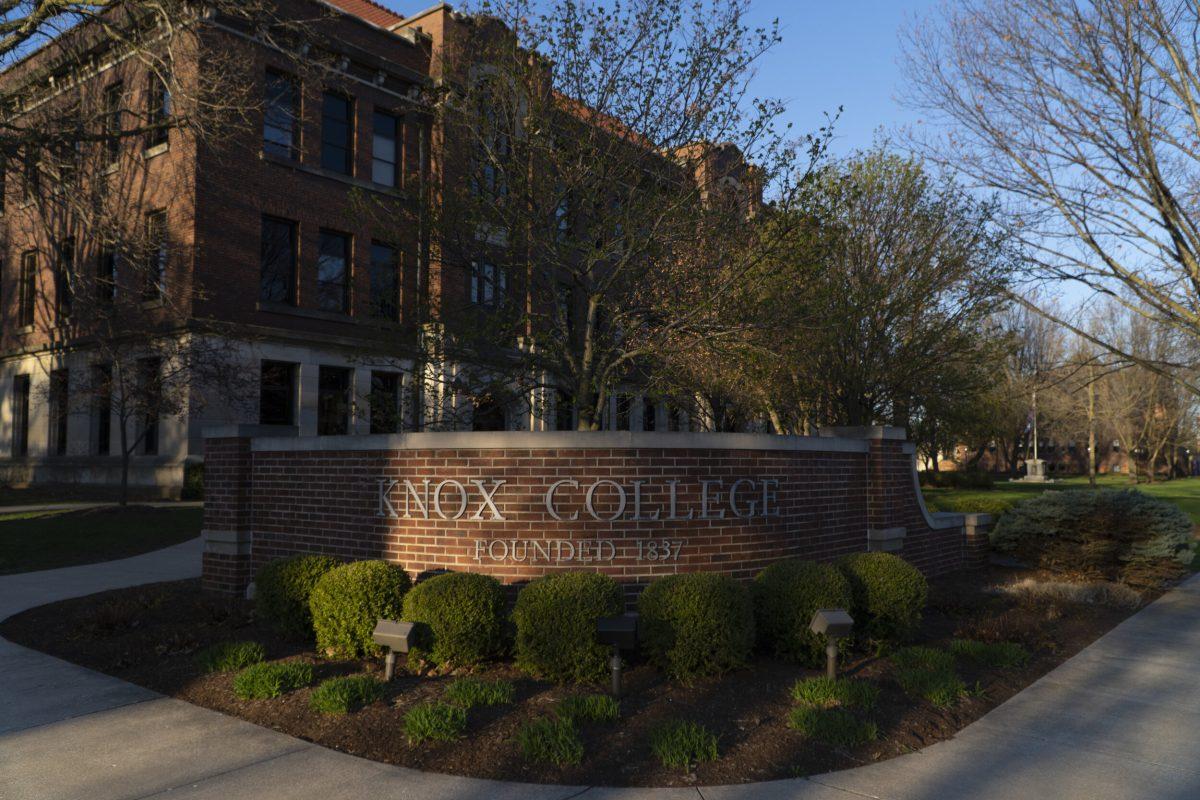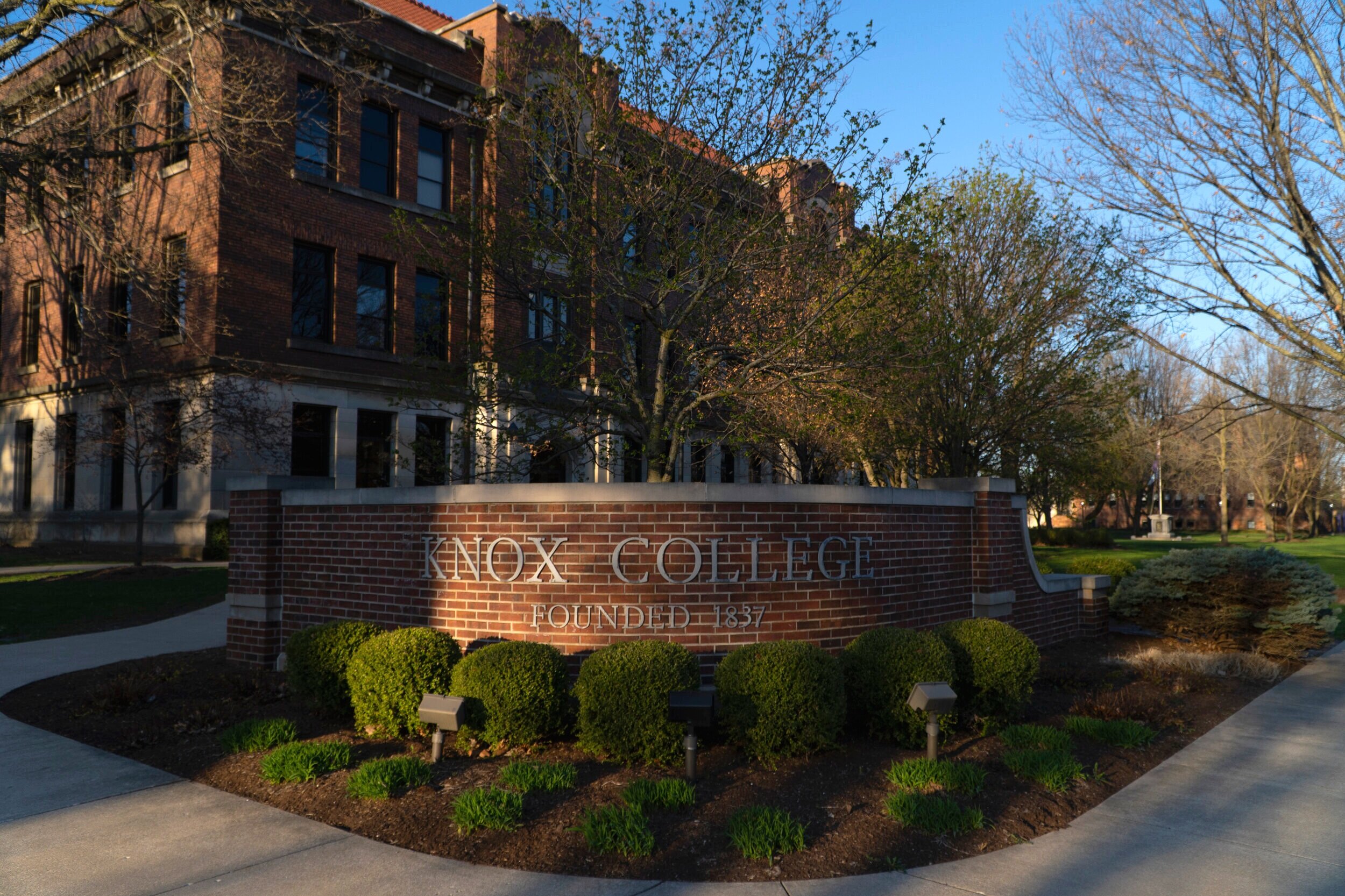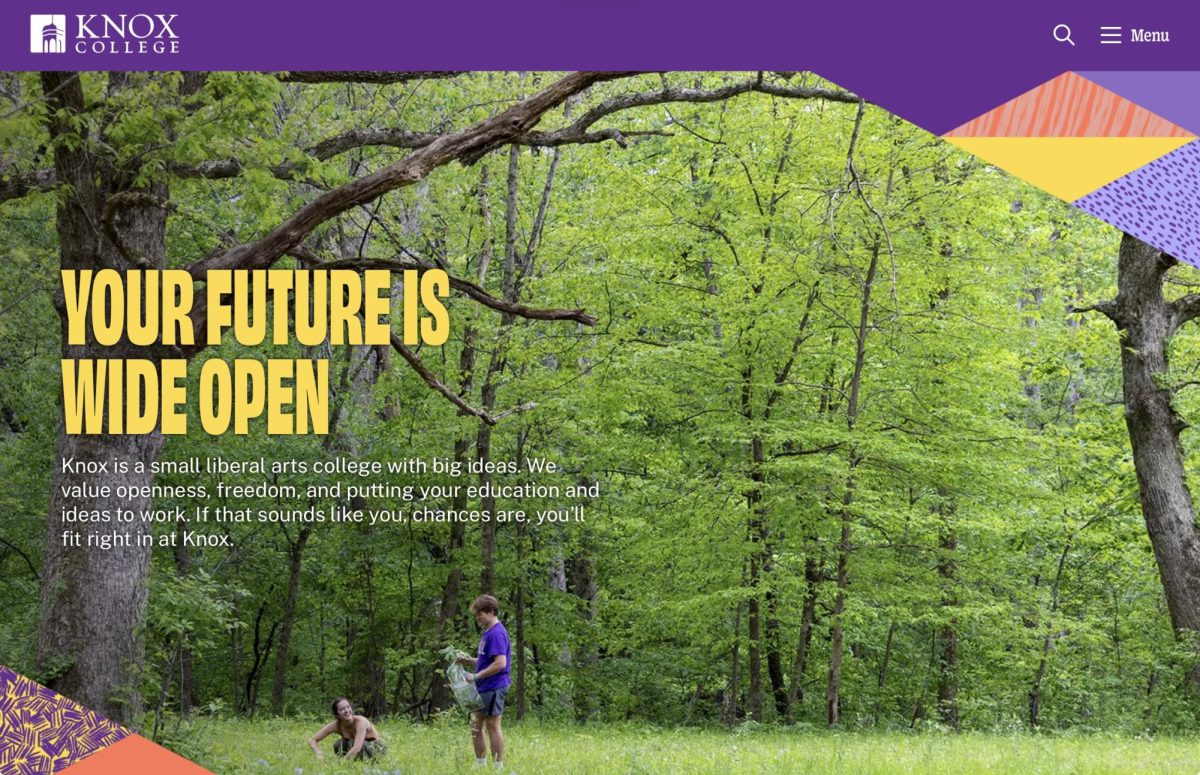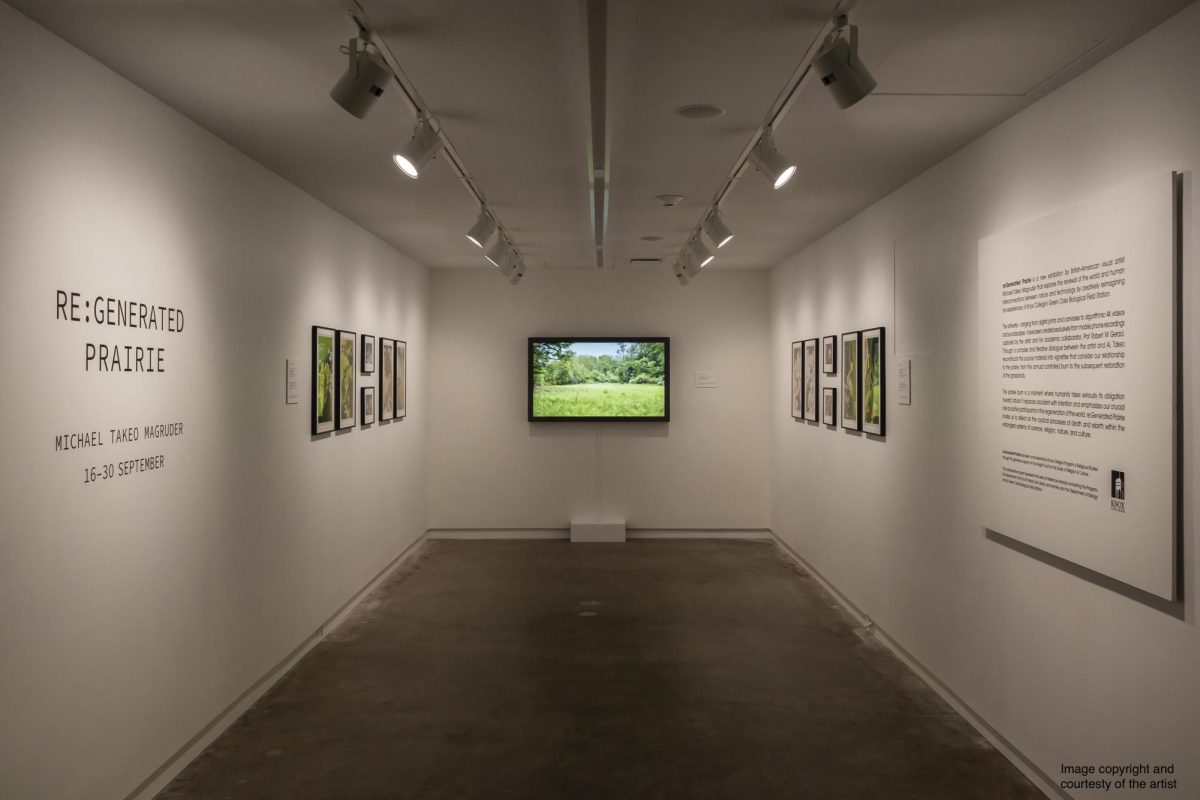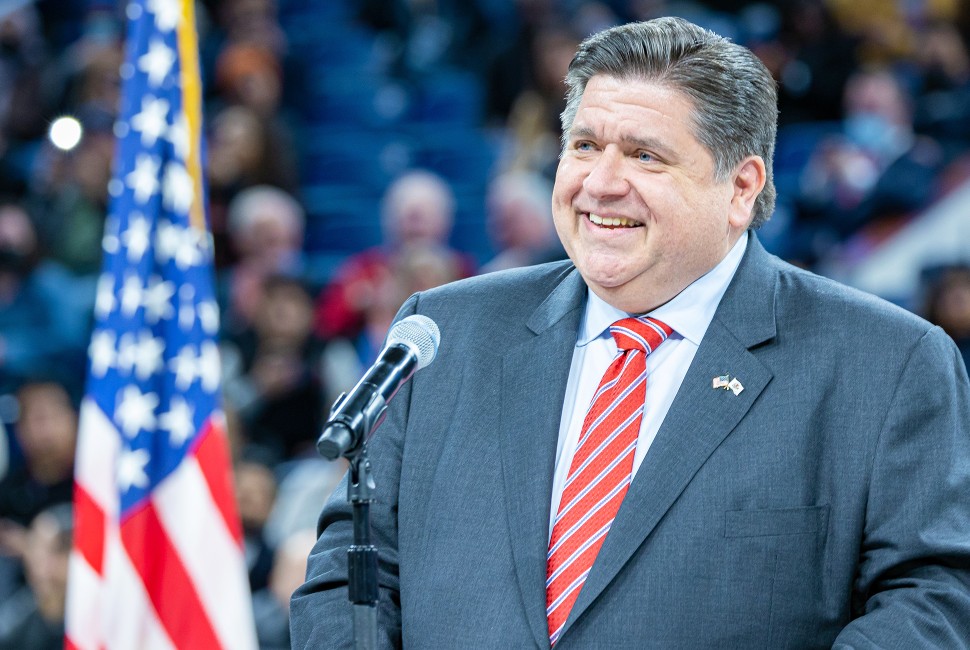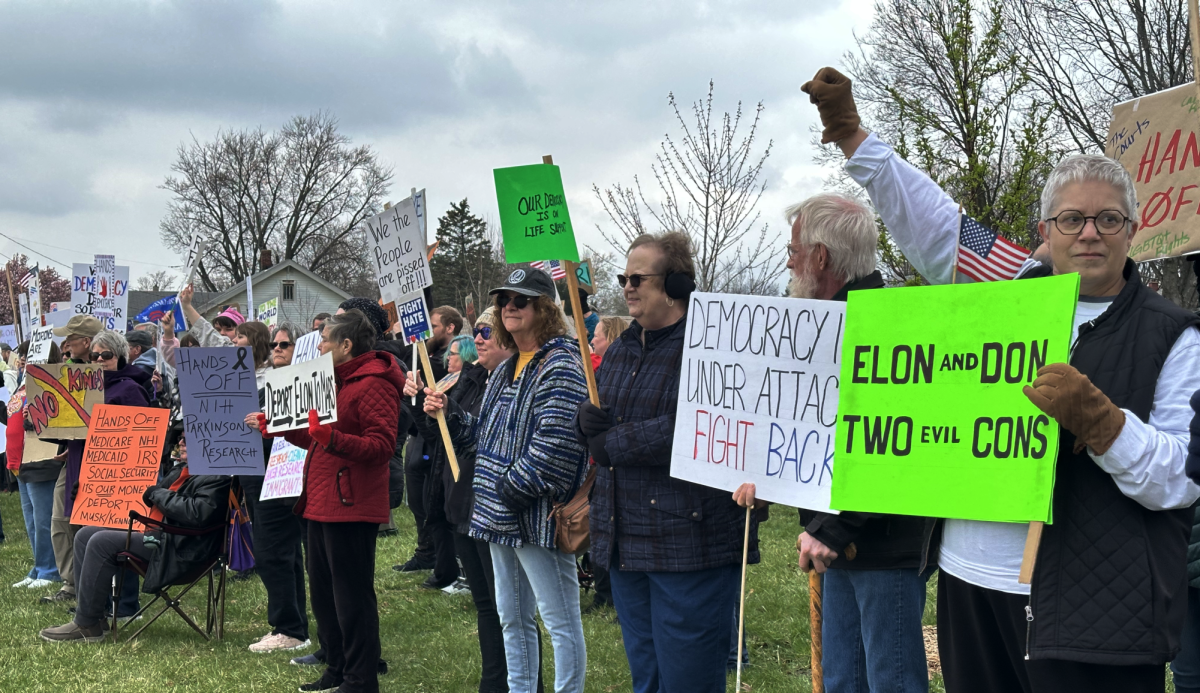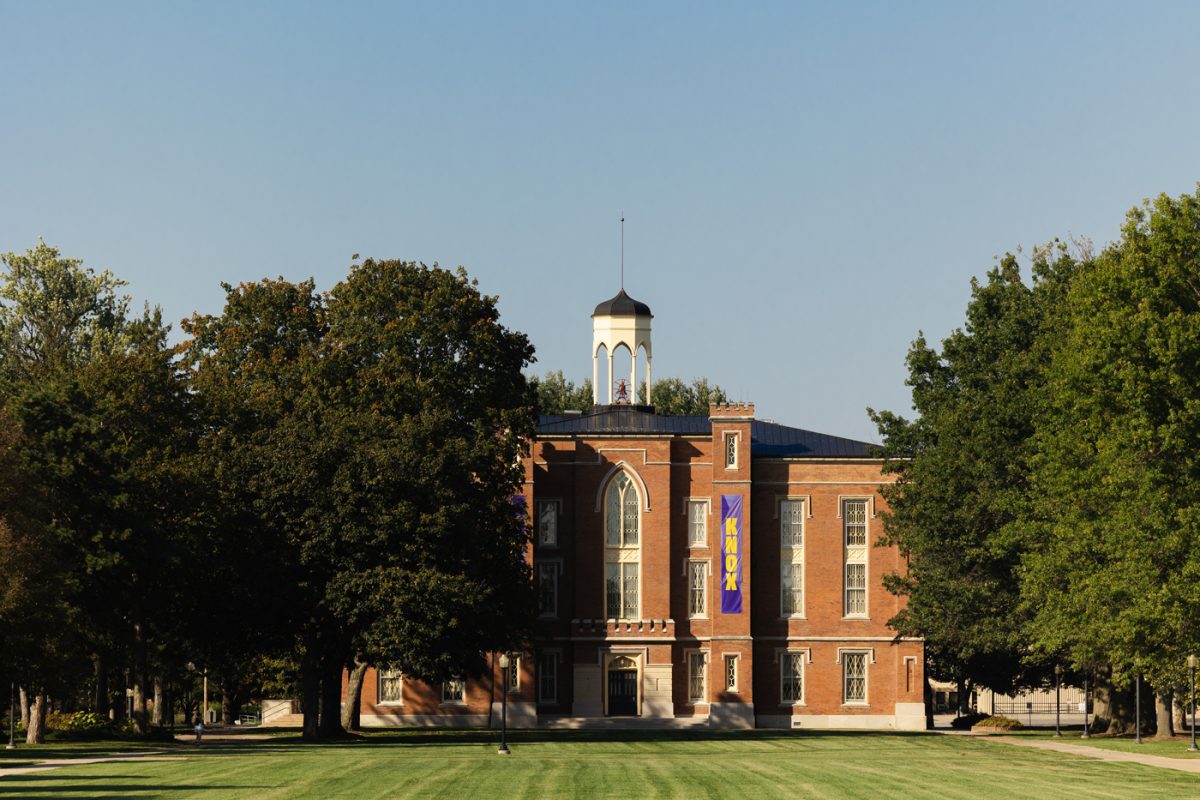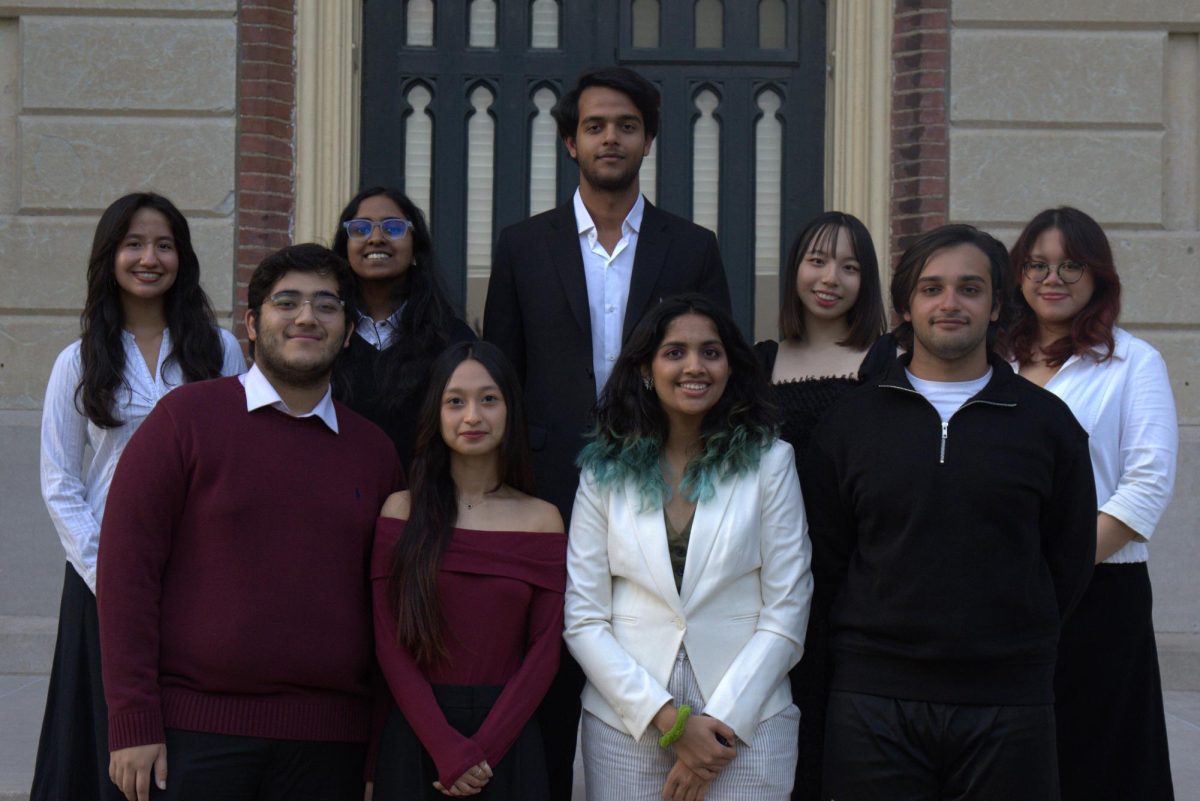Knox Together Pledge formed along with several other committees to ensure a safe a responsible return to the campus fall term.
Coming back to Knox after a little more than five months in quarantine was sure to be an adjustment unlike any other year in Knox history. Taking into account all that needed to be done before students swarmed back on campus, the Knox Together Pledge along with several committees formed to ensure a safe return.
The Knox Together Pledge is only a small portion of what all went into planning the return to campus and acts as an overall statement that the entire Knox community will aim to follow.
In previous summers, the senior staff, which consists of the president and all the vice presidents, are the main officials making school year decisions. With all the additional planning, the senior staff recruited a representative from each of the major constituencies on campus to create the Knox Together Steering Committee.
The steering committee has the final decision concerning all COVID-19 and campus concerns. From there, four other committees were formed to facilitate different sectors of campus; Health and Wellness, Facilities, Education and Money. Many subcommittees were also formed, like the Knox Together group that created the pledge. The Knox Together Pledge subcommittee was formed by Assistant VP and Dean of Students Deb Southern who recruited a team of current students and staff to help in the creation. On that team was Junior Shuchita Poddar, Junior Monica Cardoza, Senior Ikenna Ozor, Senior Luis Mateo Liendo Patino, Senior Ali Saadi, Junior Andrew Liput, Junior Kathryn Allee, Senior Allison LaSalvia, Professor of Political Science Thomas Bell and Assistant Dean for Diversity and Inclusion/Director of Intercultural Life Tianna Cervantez.
The team met several times over two weeks to work collaboratively, brainstorming what purposes the document would serve and how it would be special to the Knox community. The final version of the pledge was written in a way that it could be put in effect with the changing rules of the CDC.
“We thought long and hard about which format would be most widely read and utilized by students and decided that a rather brief document with outlines of expectations and explanations of intention would be the most accessible and appropriate for our situation. We knew that circumstances would be ever-changing so we didn’t want to go into too much stark detail but rather opted to focus on the community aspects of our campus commitments,” said Kathryn Allee.
All students and staff were encouraged to read and sign the pledge to ensure the safety of the community, yet within the first weekend back on campus, rumors spread about various parties that students were supposedly attending off-campus. The student Facebook meme page, Cox Knollege, filled with the gossip of students breaking the Knox Together Pledge, and anonymous reports started to fill Southern’s inbox.
“The truth is rarely as simple as the rumor mill makes it out to be. So it’s dangerous because I think that a lot of people who think they know facts, but those facts are actually fake news. That can be damaging to relationships and reputations and there are some people who have felt bullied already and harassed. When we investigate, it turns out they weren’t violating policies. But I also know that people are coming from a good place,” said Vice President for Student Development Anne Erlich, “we are trying to find the balance between being fair and holding people accountable, but also holding people accountable for what’s true, and not simply what the rumor mill is”.
Southern made a personal commitment to checking the reports every single day multiple times to ensure nothing got out of hand. Once she receives a report, she begins to meet with students to get to the bottom of the accusations instead of believing all reports turned in immediately.
“Her job has always been to address conducts violations, but this year its basically her entire job. She spends seven days a week, morning, noon, and night dealing with this. I respect her approach because she meets with a lot of people to try and get to the bottom of things. You really can’t take a report on face value,” said Erlich.
A concern in regards to parties or gatherings is the capacity of the quarantine and isolation housing. Any student who tests positive is moved to Coger/Neal, which has a capacity of 36 rooms. If a large gathering of 40 people happens and one person tests positive, it’s possible that through contact tracing, anyone who attended can contract the virus, which could force the Steering Committee to lean into their contingency plans for quarantine.
“I think the real work comes if somebody tests positive. If somebody who was at that party shows symptoms or is asymptomatic but gets picked up through our surveillance testing, then all of a sudden we have to do contact tracing. Who were they around,” said Erlich.
Erlich feels that the community has been productive in holding each other accountable. She encourages students to report early if there’s a possibility of large gatherings or other social distancing concerns through the Knox Together Pledge Reporting Form.
“I feel like we’re all having a hard time balancing. We want to trust each other, but the stakes are also really high,” Erlich said.

